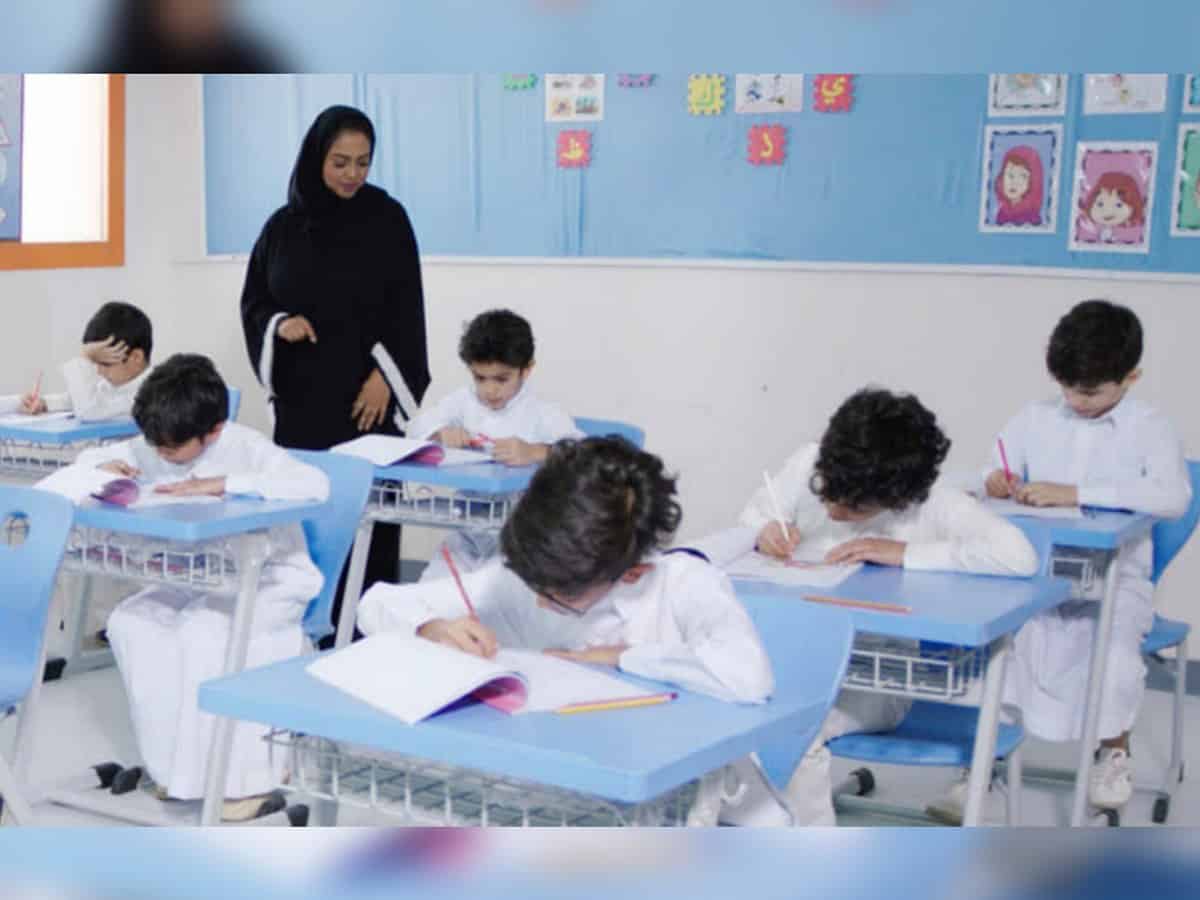
Riyadh: The education and science sector in the Kingdom of Saudi Arabia has put the final touches to the law regulating private schools, which obliges foreign schools to teach the Kingdom’s history and national identity subjects, local media reported.
The law aims to regulate the participation of the private sector and the non-profit sector in providing education services, applying quality standards, and improving the level of performance and outputs in private schools.
The law also aims to provide education in private schools with educational options, multiple curriculums, and various operating models.
According to the Arabic daily Okaz, the new law requires private schools that offer a foreign curriculum to teach the Kingdom’s history and geography and to teach national identity subjects to Saudi students.
The law requires that incumbents of teaching positions in a private school obtain a valid professional license from the Education and Training Evaluation Commission to be issued to the teacher.
It allows the applicant to be a Saudi or foreign investor, or a partnership between them, and it is also permissible for him to be a public interest entity.
If the owner of the facility loses one of the conditions, he may, after the approval of the Ministry, transfer the licensing right to another person who fulfils it within a period not exceeding three months or the end of the school year.
The law stipulates that the school be punished if it violates its provisions, decisions, or executive rules issued to it, or if it appears to offend the Islamic religion, the Kingdom and its leadership, public figures in it, or the intellectual security of society, or health and safety requirements.
The penalty amounts to a fine not exceeding SAR 500,000 ($133,000), the final closure of the school, the revocation of its license, and the deportation of the school principal or any of its teachers.
When implementing penalties, the size of the violation and its recurrence is taken into account. The size of the school, the quality of its outputs, and its community participation in terms of aggravating and reducing conditions are also considered.
